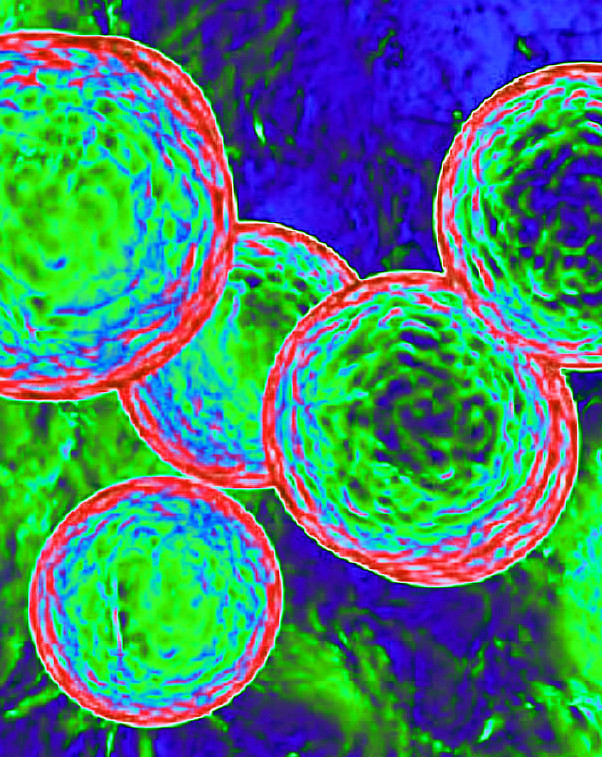Cells switched for new repairs
 Engineering researchers say special cells involved in tissue repair can be “tuned” to take on different types of repair and regeneration.
Engineering researchers say special cells involved in tissue repair can be “tuned” to take on different types of repair and regeneration.
Working with mesenchymal stromal cells (MSCs), a team led by Associate Professor Jess Frith from Monash University has shown that the stiffness of the surface on which the cells are grown has an important influence on their properties and functions.
MSCs are versatile cells that play multiple roles in healing and rebuilding tissues like bone, cartilage and even muscle.
They can transform into various cell types to repair damaged tissues and also act as ‘medicine factories’ producing many important biochemical factors that help in tissue repair and regeneration.
Because of their dual abilities to produce other cell types and promote healing, MSCs are being widely studied for their potential use in a broad range of conditions including osteoarthritis, coronary artery disease, graft-vs-host disease and diabetic wounds.
The new Monash research findings raise the exciting possibility that MSCs could be “tuned” in the laboratory so they are primed to meet specific clinical needs, said Associate Professor Frith.
“Our study found that physical cues from the microenvironment around these cells change the mix of proteins they secrete and hence the effects they produce,” she explained.
“The cocktail of molecules produced in a stiffer biomaterial boosts the growth and proliferation of MSCs, whereas a softer gel supports their specialisation into other cell types as well as the activity of immune cells and formation of new blood vessels.”
The study also suggests the design of biomaterials such as prostheses can be more specifically tailored to support different activities and properties of MSCs after they are delivered into the body, she said.
The study is accessible here.








 Print
Print